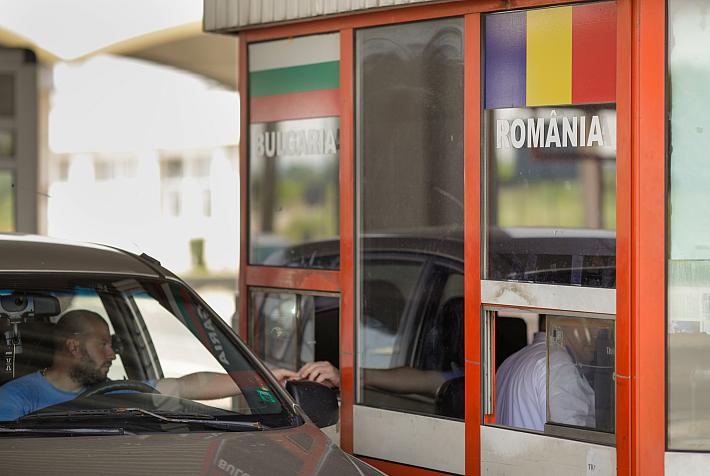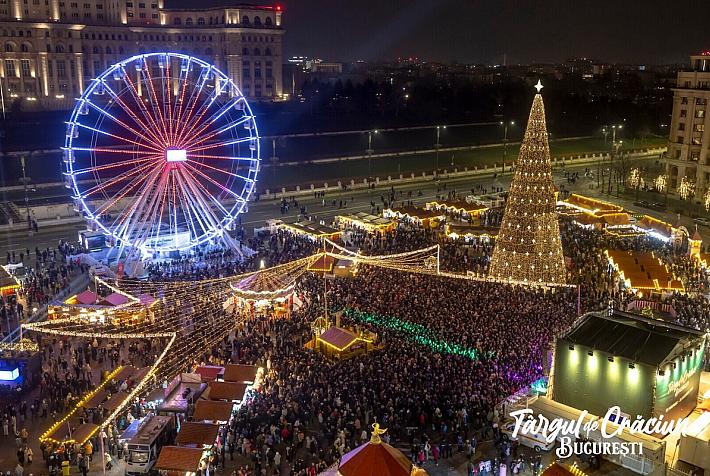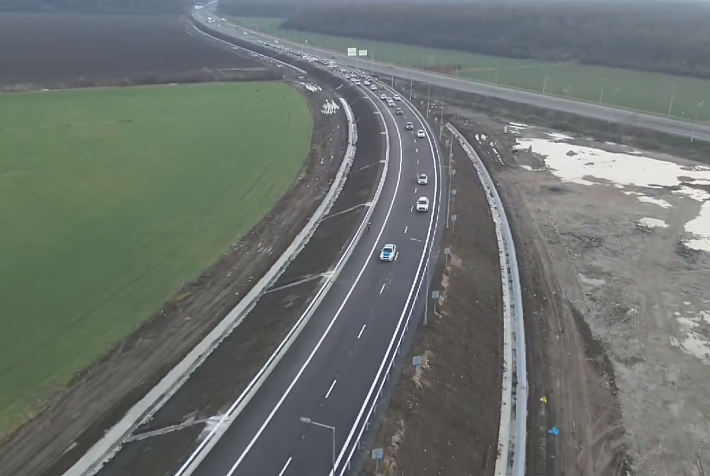Romanian film review – Crimes and revelations: goEast Film Festival

The Festival of Central and Eastern European Film goEast in Wiesbaden, Germany ended this Tuesday and its impressively varied selection was once again pure joy. Dedicated to the cinema of this particular region, the festival screens both audience darlings and niche features and its homage, portrait and retrospective sections are always a delight.
The Romanian entries were quite a few, and the international competition alone featured three titles. I was especially happy to see a festival pick Corneliu Porumboiu’s Când se lasă seara peste București sau metabolism/When Evening Falls on Bucharest or Metabolism for its main competition. This is anything but an accessible film, at least not at a first watch, a highly cerebral and metafictional entry and less narrative than any of its competitors. The film did leave without any awards but I can only hope that it’s highly intelligent and playful structure left an impression. The story of a jaded director spending a day with his main actress, who is also his lover, and talking about life and films is a real treat for anyone interested in cinema, its politics and physicality.
A winner was another feature, the beautifully shot Quod erat demonstrandum, a story of a mathematician who gets on the radar of the Securitate in communist Romania. The film was awarded a special mention for set design and rightfully so, it looks gorgeous and its recreation of the 1980s is stunning. The design is not its only quality though, this is a slow-paced, mature look at a work group hardly ever present onscreen in Romanian features and while it does have its little missteps, QED is a thoughtful and elegant thriller.
Valea plângerii/Valley of Sighs competed in the documentary section and its theme is quite a “popular” one at the moment, namely crimes against the Roma population. A shattering story of the thousands of Roma deported to Transnistria during the Antonescu regime in the 1940s and the recollection by survivors, the doc is a valuable document of historical crimes in Romania, especially considering the local reluctance to talk about such matters, and for this reason alone it is worth a watch, despite its less than subtle approach.
The Roma problematic is approached with more reflection in Dumitru Budrala’s documentary Blestemul ariciului/The Curse of the Hedgehog. Screened as a presentation of Astra Film Festival in Sibiu, the film is a good representative of Astra’s values and perspectives, shedding a light on the everyday struggles and joys of a marginal community, in this case of a large Roma family in the Carpathian mountains.
Featuring historical and contemporary themes, social and artistic issues, classical and more daring aesthetics, this is quite an eclectic and telling slice of young Romanian cinema. Well-done, goEast!
By Ioana Moldovan, columnist, ioana.moldovan@romania-insider.com












